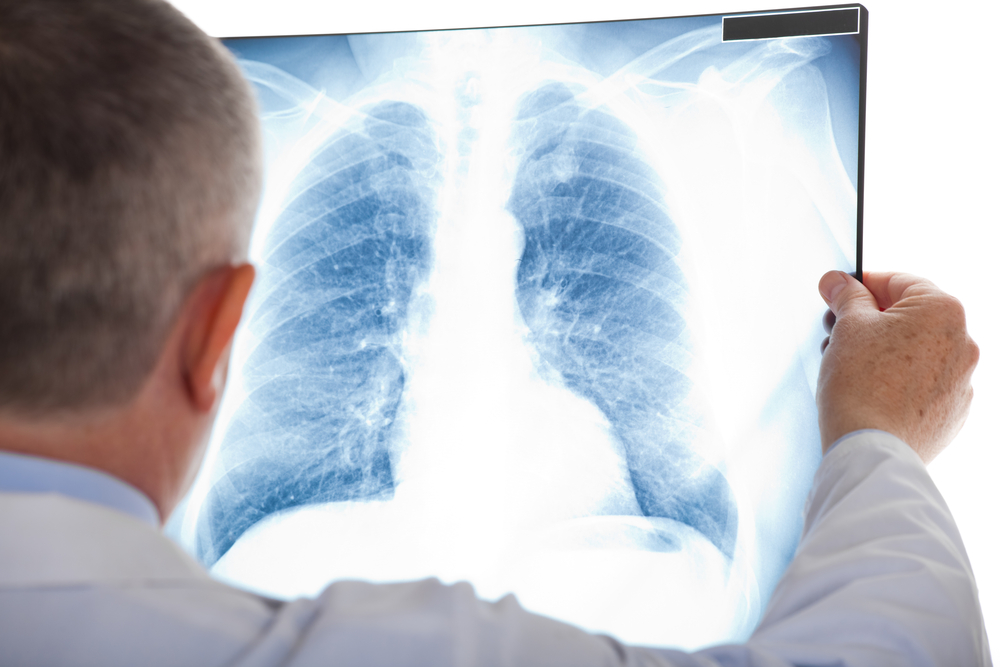Women with cancer less likely to have tumour-targeting treatment

Women are less likely than men to receive cancer treatment that focuses on shrinking the tumour, a study of comparable cancers has found.
Older women in particular were more often given “supportive care”, which prioritises pain relief and treating other symptoms.
The Netherlands Comprehensive Cancer Organisation (IKNL) analysed cases of cancers that are common in both men and women, such as oesophegal cancer, bladder cancer and Karposi Sarcoma, a rare type that develops in mucous membranes.
Nearly half of male patients (48%) aged over 70 with secondary colon cancer were given tumour-reducing treatment, compared to 40% of women. Similar discrepancies were found in other types such as melanoma and stomach cancer.
The researchers noted that the type of treatment was determined by factors such as the age and vitality of the patient and what stage their cancer had reached. However, they also said that for most cancers there was no significant difference in the stage at which men and women were diagnosed.
The report analysed differences in treatment by sex because of the way the data was compiled, but gender was also likely to be a factor. “Gender can, for example, influence the recognition of symptoms and signs, how patients ask for help and the decision-making process in selecting treatment,” the authors said.
The INKL said more research needed to be done to understand why men and women received different treatments for similar types of cancer.
“It may partly be the result of differences in patients’ preferences,” the report said. “It is important for medical professionals to be aware of the possible differences between men and women with cancer.”
Thank you for donating to DutchNews.nl.
We could not provide the Dutch News service, and keep it free of charge, without the generous support of our readers. Your donations allow us to report on issues you tell us matter, and provide you with a summary of the most important Dutch news each day.
Make a donation